Back to Courses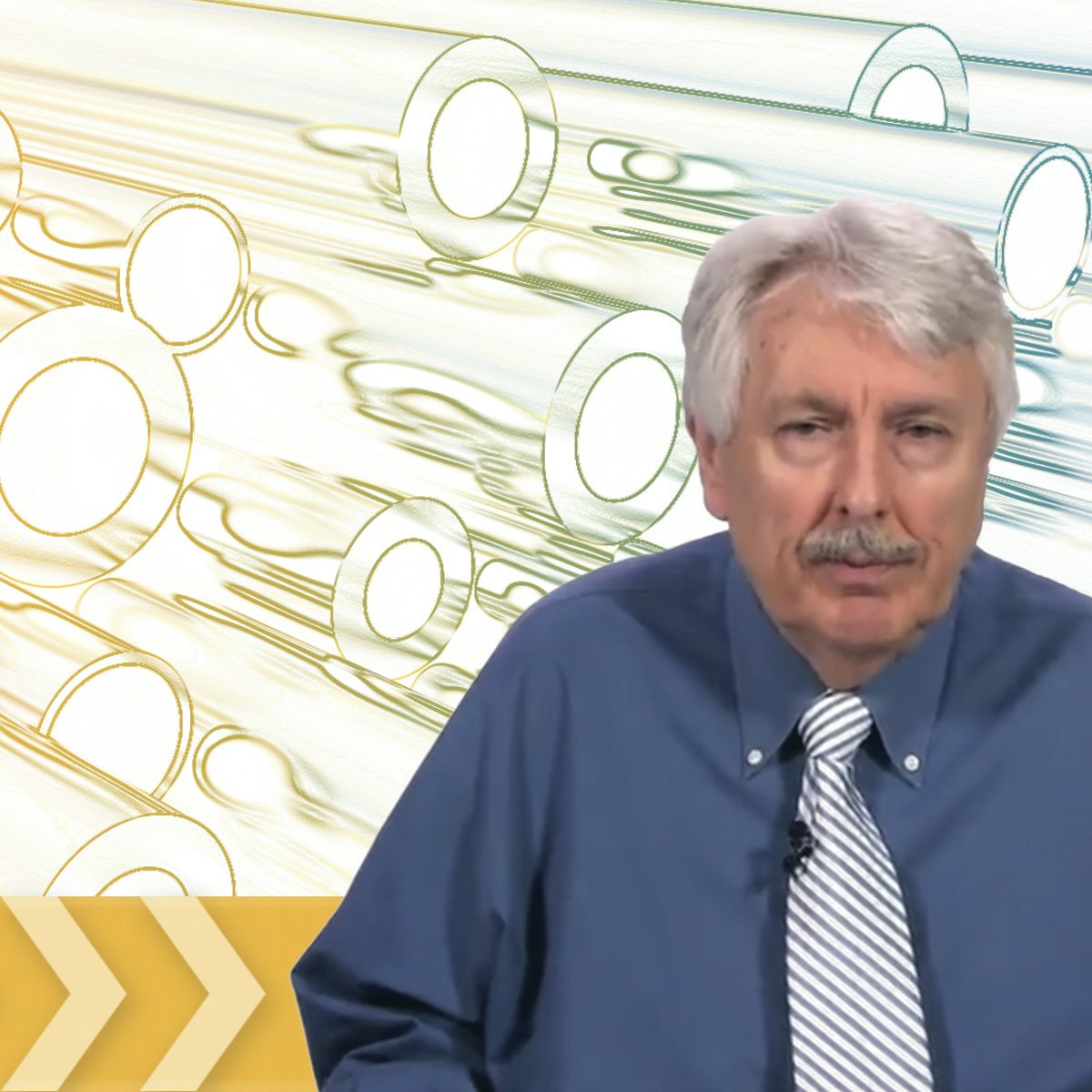
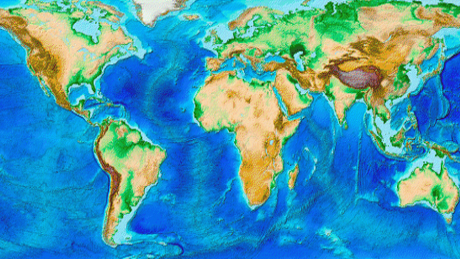
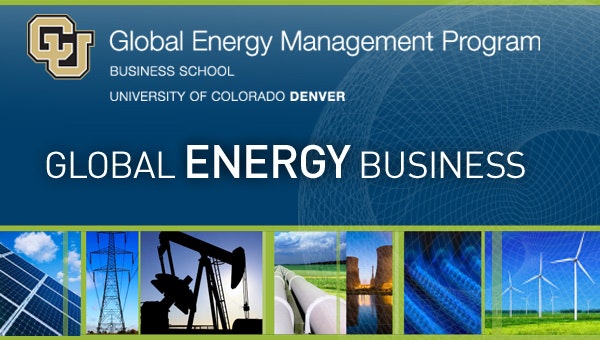
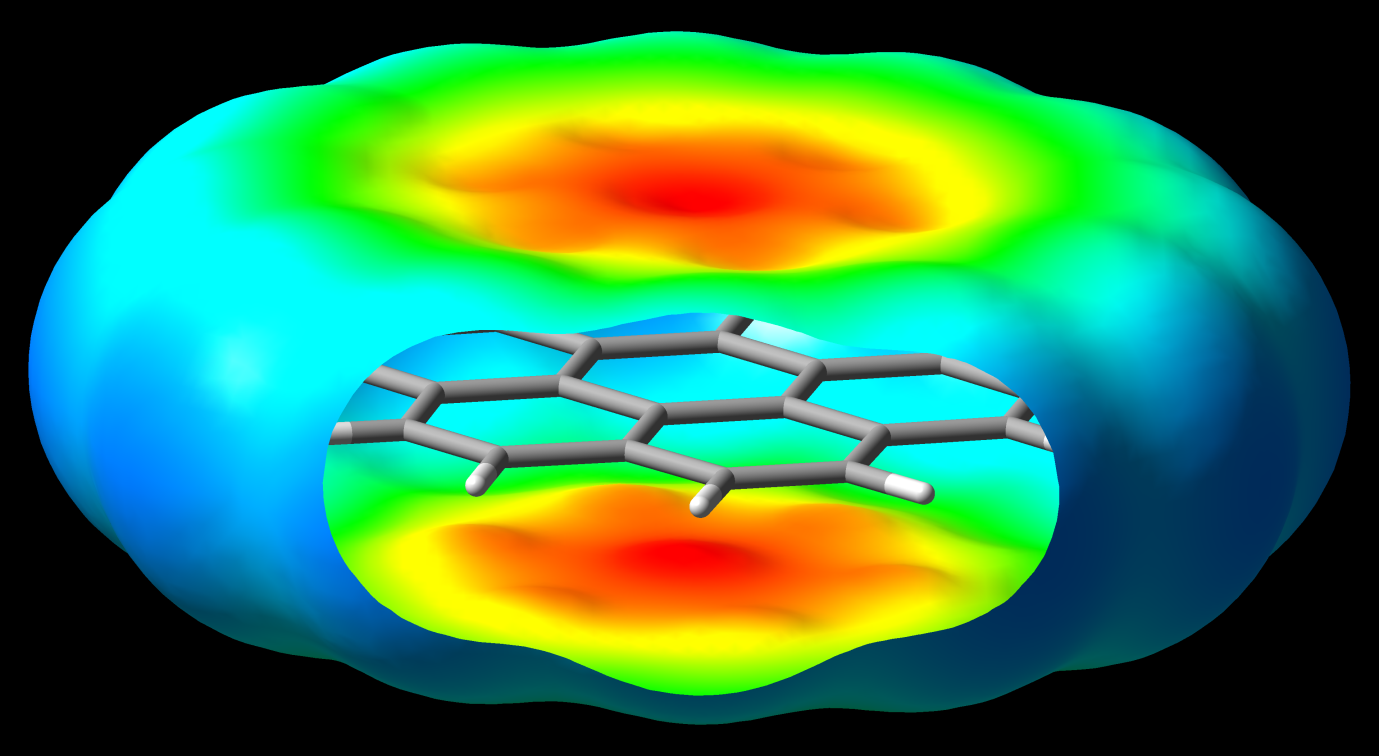
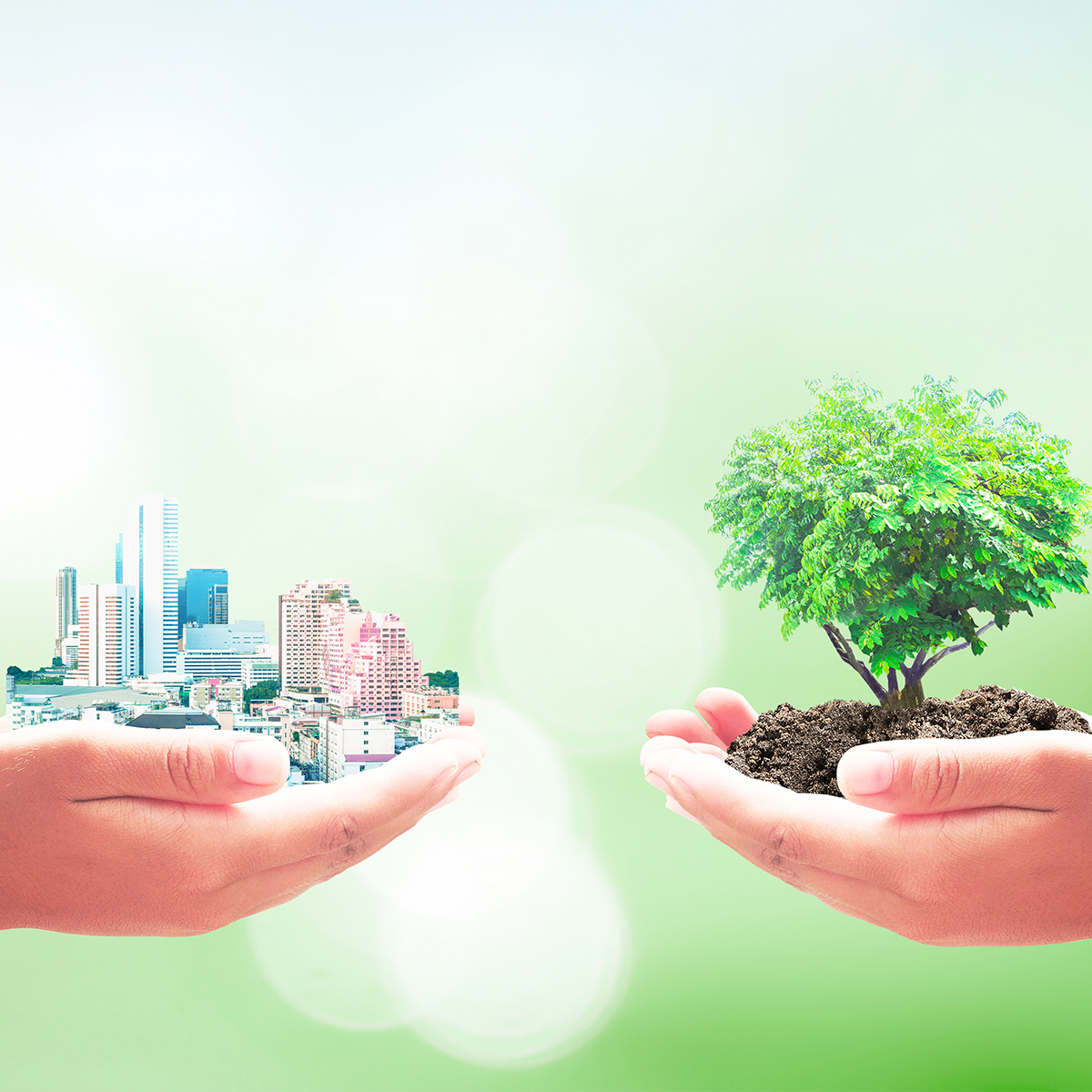
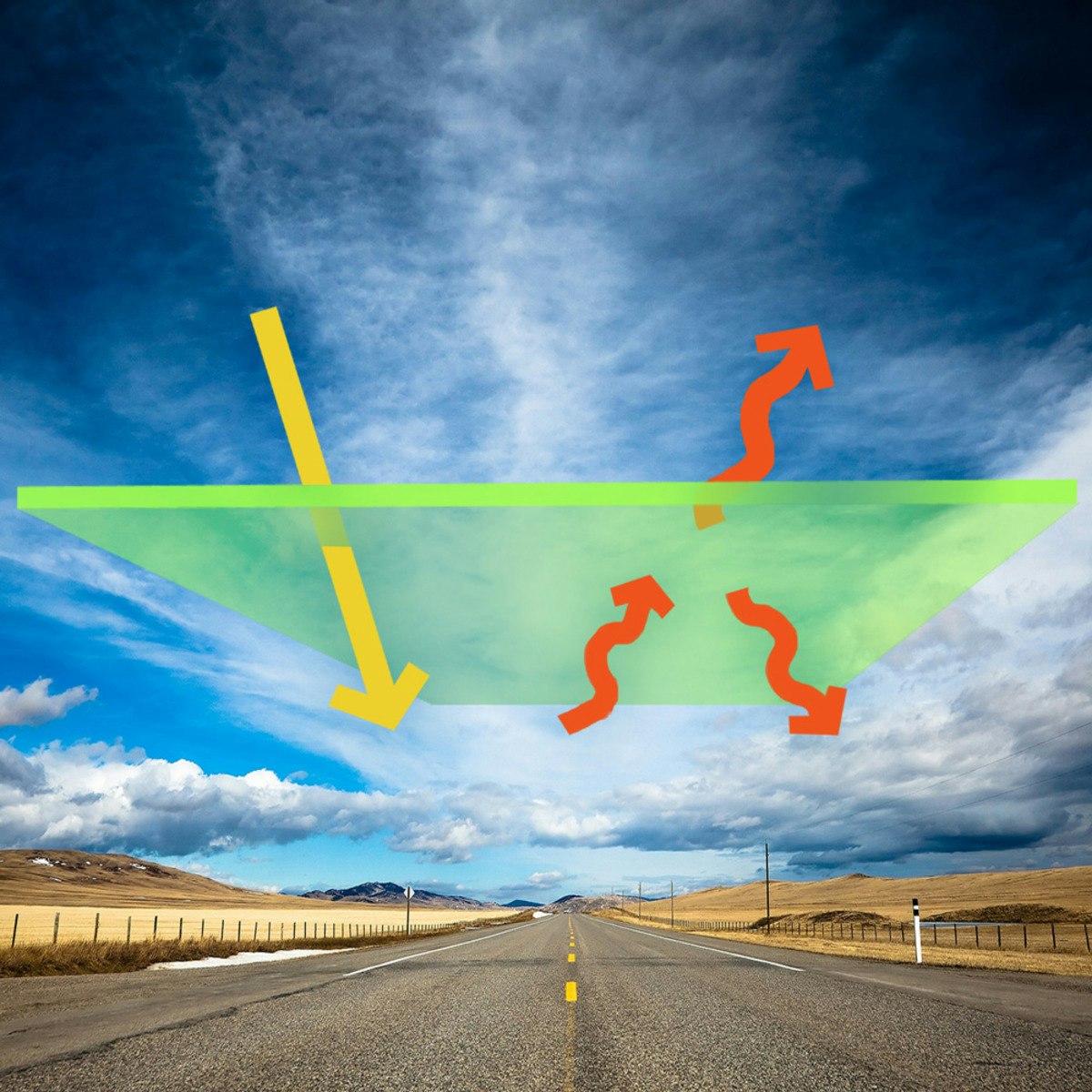
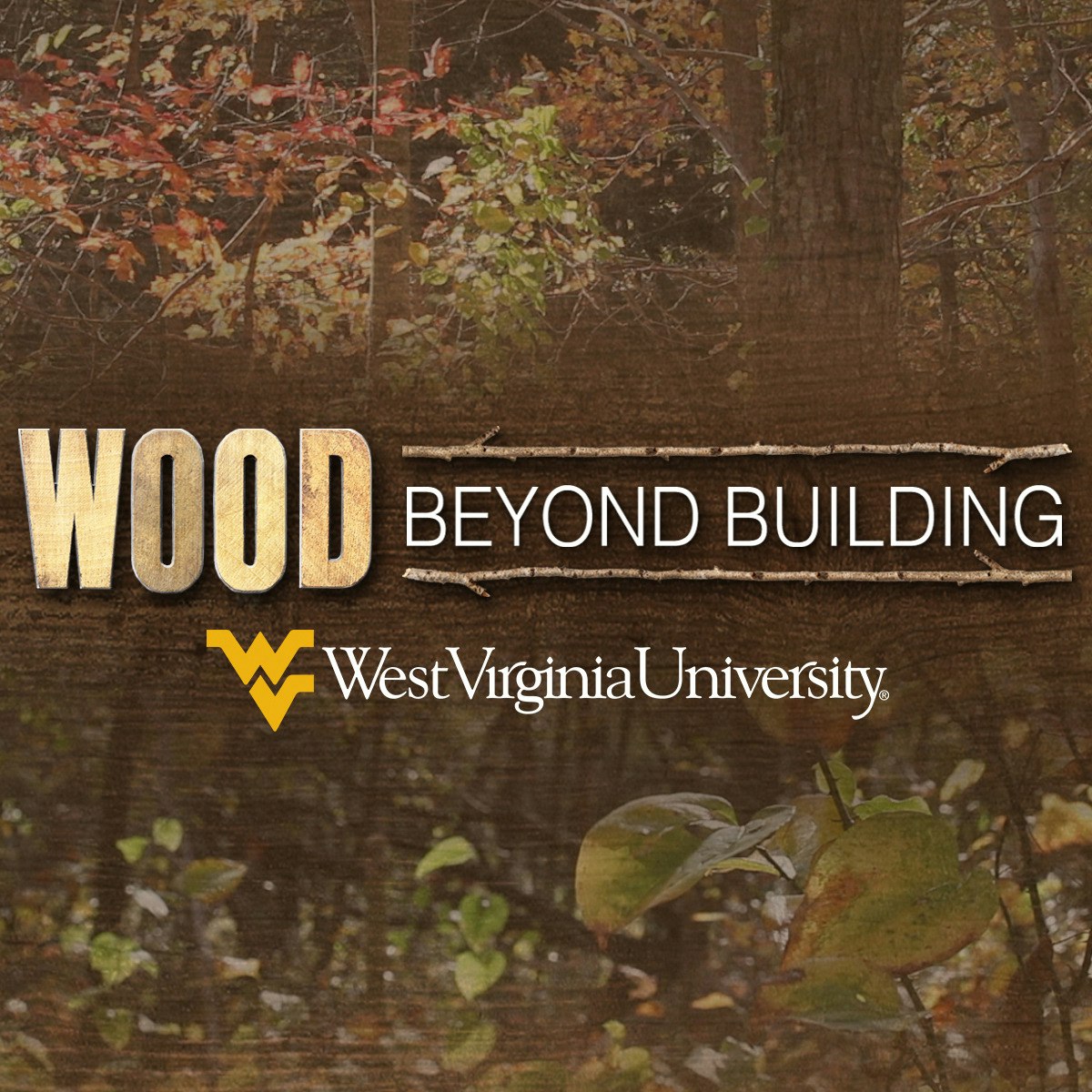
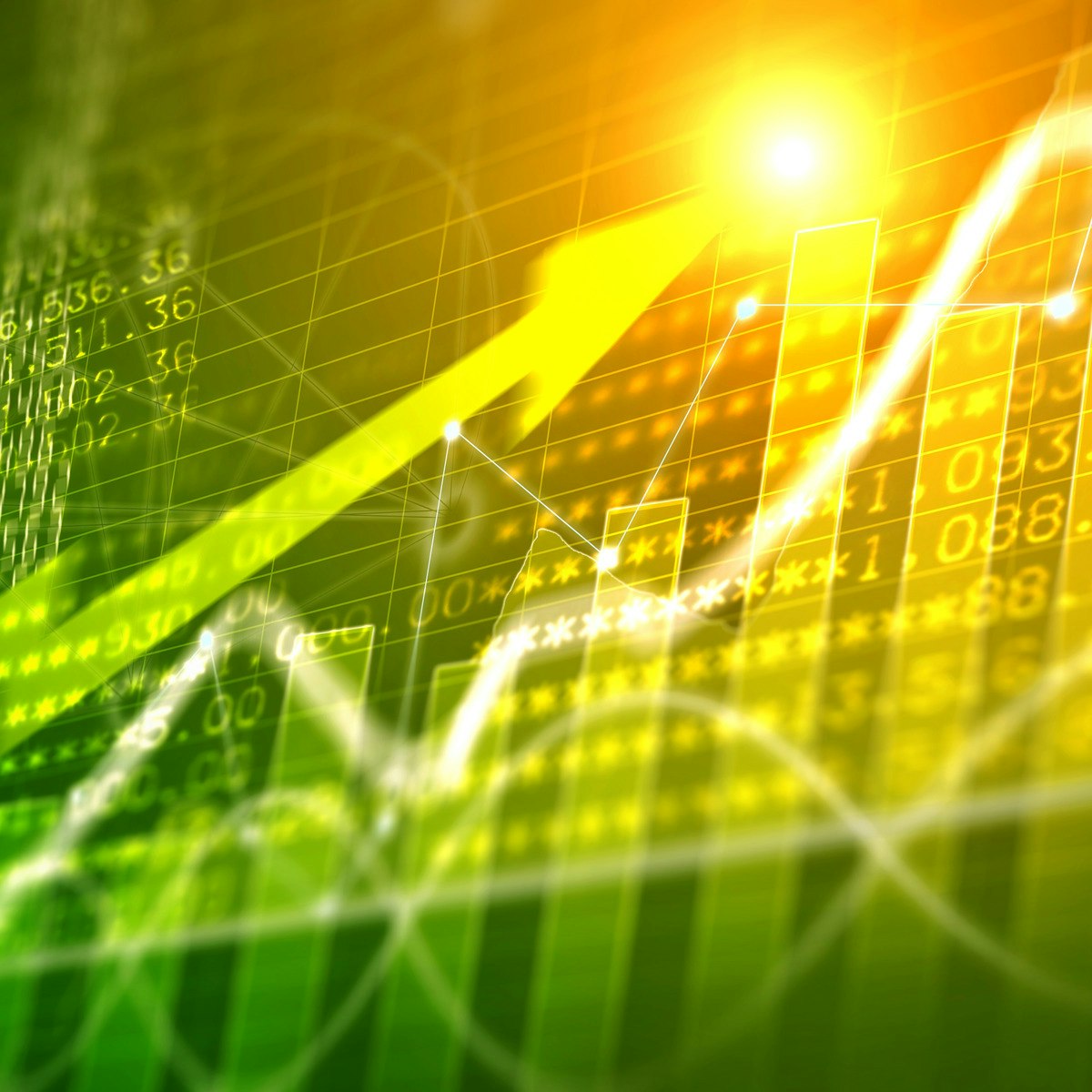

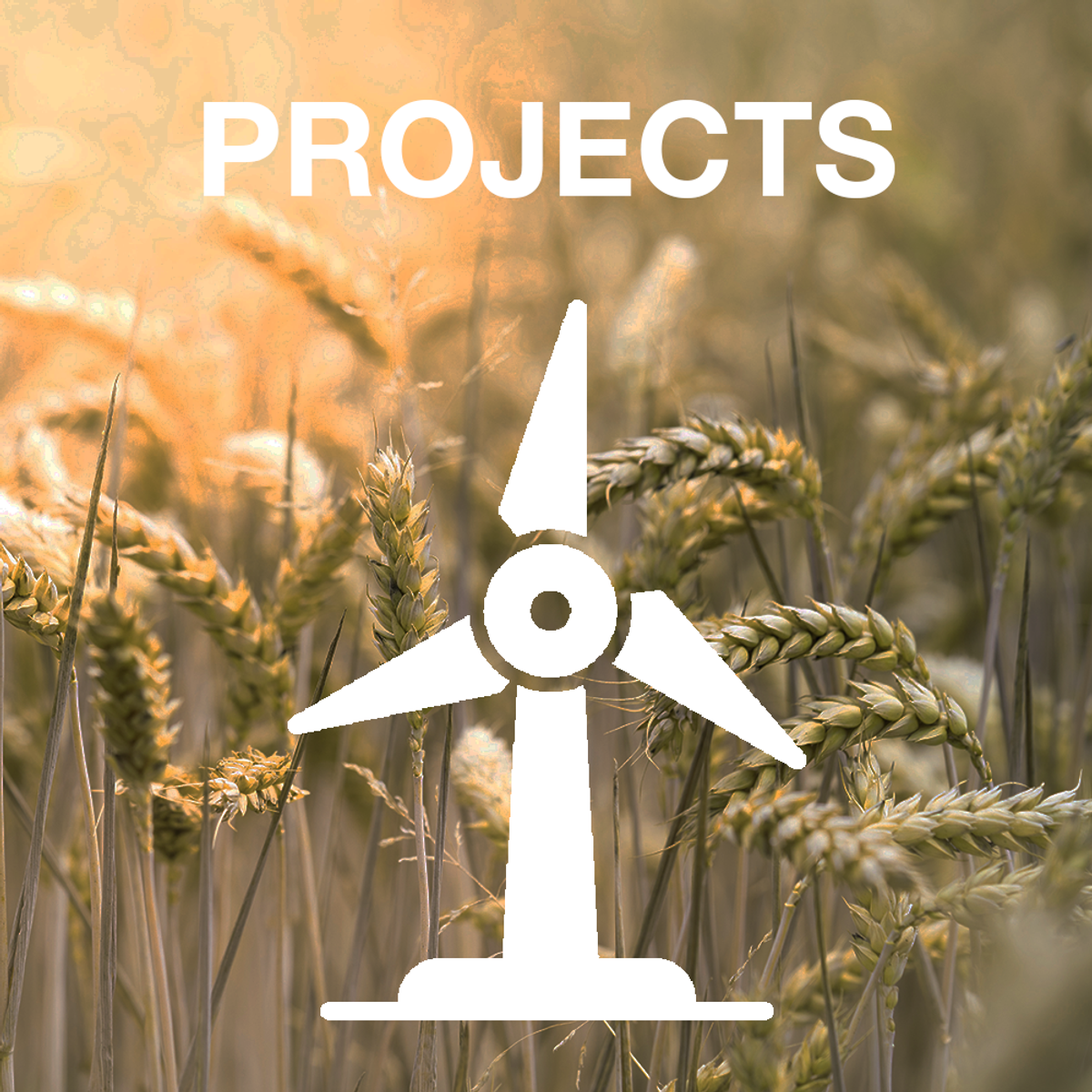
Environmental Science And Sustainability Courses - Page 5
Showing results 41-50 of 151
Material Processing
Have you ever wondered why ceramics are hard and brittle while metals tend to be ductile? Why some materials conduct heat or electricity while others are insulators? Why adding just a small amount of carbon to iron results in an alloy that is so much stronger than the base metal? In this course, you will learn how a material’s properties are determined by the microstructure of the material, which is in turn determined by composition and the processing that the material has undergone.
This is the second of three Coursera courses that mirror the Introduction to Materials Science class that is taken by most engineering undergrads at Georgia Tech. The aim of the course is to help students better understand the engineering materials that are used in the world around them. This first section covers the fundamentals of materials science including atomic structure and bonding, crystal structure, atomic and microscopic defects, and noncrystalline materials such as glasses, rubbers, and polymers.
Planet Earth...and You!
Earthquakes, volcanoes, mountain building, ice ages, landslides, floods, life evolution, plate motions—all of these phenomena have interacted over the vast expanses of deep time to sculpt the dynamic planet that we live on today. Planet Earth presents an overview of several aspects of our home, from a geological perspective. We begin with earthquakes—what they are, what causes them, what effects they have, and what we can do about them. We will emphasize that plate tectonics—the grand unifying theory of geology—explains how the map of our planet's surface has changed radically over geologic time, and why present-day geologic activity—including a variety of devastating natural disasters such as earthquakes—occur where they do. We consider volcanoes, types of eruptions, and typical rocks found there. Finally, we will delve into the processes that produce the energy and mineral resources that modern society depends on, to help understand the context of the environment and sustainability challenges that we will face in the future.

Fundamentals of Global Energy Business
Learn about diverse and integrated markets for primary energy, and the essential considerations driving business leaders and policy makers in development of global energy resources.

Introduction to Physical Chemistry
Chemical reactions underpin the production of pretty much everything in our modern world. But, what is the driving force behind reactions? Why do some reactions occur over geological time scales whilst others are so fast that we need femtosecond-pulsed lasers to study them? Ultimately, what is going on at the atomic level? Discover the answers to such fundamental questions and more on this course in introductory physical chemistry.
The course covers the key concepts of three of the principal topics in first-year undergraduate physical chemistry: thermodynamics, kinetics and quantum mechanics. These three topics cover whether or not reactions occur, how fast they go and what is actually going on at the sub-atomic scale.

Environmental Health: the Foundation of Global Public Health
The first course of the Impacts of the Environment on Global Public Health specialization will provide you with a foundation in environmental health sciences (EHS). We will explore four main topics. The first is an introduction to EHS and the exposure-disease model – a very useful framework for understanding the influence of the environment on human health. The second topic is key concepts in EHS and environmental health policies that can be used to address and reduce the impacts of environmental health hazards. The third topic is the application of systems thinking to understand and analyze environmental health issues. The fourth and final topic is occupational health, which is a key environment that represents a major source of morbidity and mortality from a public health perspective.

Global Warming I: The Science and Modeling of Climate Change
This class describes the science of global warming and the forecast for humans’ impact on Earth’s climate. Intended for an audience without much scientific background but a healthy sense of curiosity, the class brings together insights and perspectives from physics, chemistry, biology, earth and atmospheric sciences, and even some economics—all based on a foundation of simple mathematics (algebra).

Wood Science: Beyond Building
The central question of this course: “why study wood?” If “why study wood” is the question, one answer would be that it is the only raw material available to us that is truly renewable in human life span terms. Wood is as important to society today as it ever was, despite the development of many man-made substitute materials, changing resource availability, and the changing needs of society. Some items on the list of wood products stay the same (lumber, plywood and veneer for building construction, furniture, shipping pallets & crates and other containers & packaging materials, railroad ties, utility poles, chemical feed stocks, etc), but the list also keeps changing to meet new needs and challenges as the resource changes.
In short, wood is a far more diverse, green, and renewable resource than you might have imagined. Join us to learn about the important role of wood in human history, civilization, and our future.
By the end of the course, learners will be able to:
- describe wood as a raw material and its critical importance to the world economy, and the lives of the people that make that economy work.
- identify the projected trend for wood consumption to continue to grow in the coming years, despite the image of wood as a "low tech" material.
- identify the ways in which wood's properties can lead to its efficient and sustainable use.
-identify wood's positive role in boosting the world economy and ability to lead to unexpected vocations.

Climate Aware Investing
Finance may have a central role to play against climate change on the condition that risks are properly measured and managed. In this course you will be introduced to the latest academic research findings and the most commonly used methods in industry to cope with climate change financial risks.
How do we assess these kinds of risks? Can our portfolios perform well and at the same time contribute to the transition towards a low-carbon economy? How do climate change risks affect financial markets?
This course starts with an overview of climate change and the tools at the disposal of policymakers to curb this phenomenon. These tools, when used to their fullest extent, will have a big impact on businesses and this impact may spill over into the financial markets even before the policies are fully implemented. The risks associated with these changes are grouped under the definition of transition risks.
In this MOOC we will analyse these risks and also discuss the methodologies most widely used by asset managers to manage their portfolios’ carbon exposure. The final module of this course shows a real-world example of implementation. At the end of the course, you will understand how to maximize the contribution of your investments to the fight against climate change.

Algae Biotechnology
For decades, researchers have been studying microalgae to understand their biological functions and how we can use technology to harness algae’s power to create a wide range of commercial products.
In this course, we will cover how synthetic biology, genetic engineering, and metabolic engineering is used in algae biotechnology, and also examine the current state of algae biotechnology research and tools.
We’ll also explore some of the common bio-products we can make from algae, and take a look at some real-world algae companies that are using algae biotechnology to create products consumers can buy today.
This course is part of a series of courses produced by the Algae Technology Educational Consortium and UC San Diego with funding from the Algae Foundation, National Renewable Energy Lab, and the U.S. Department of Energy.

Renewable Energy Projects
Understanding renewable energy technologies is important, but equally important is knowing how to effectively deploy these technologies to provide renewable energy to end-users – the topic of this course. Upon completion of the course, you will understand the development and management of renewable energy projects, large and small, from conception to launch and subsequent operation.
This course will teach you to plan, execute, and operate renewable energy projects such as solar PV plants, wind farms, and geothermal generators. We first describe how to develop a renewable energy feasibility study and make go-no-go project decisions. We then examine project site selection and evaluation of renewable technology alternatives and technology vendors. Next, we review methods for financing and organizing renewable energy projects. The course concludes with an examinations of project construction, operations and maintenance, repowering, and plant decommissioning. These capabilities will round out your understanding of renewable energy uses and deployment – come join us!
Note that this course is the third in a four-course Coursera specialization in Renewable Energy:
1. Renewable Energy Technology Fundamentals
2. Renewable Power Systems
3. Renewable Energy Projects
4. Renewable Energy Futures
Popular Internships and Jobs by Categories
Find Jobs & Internships
Browse
© 2024 BoostGrad | All rights reserved